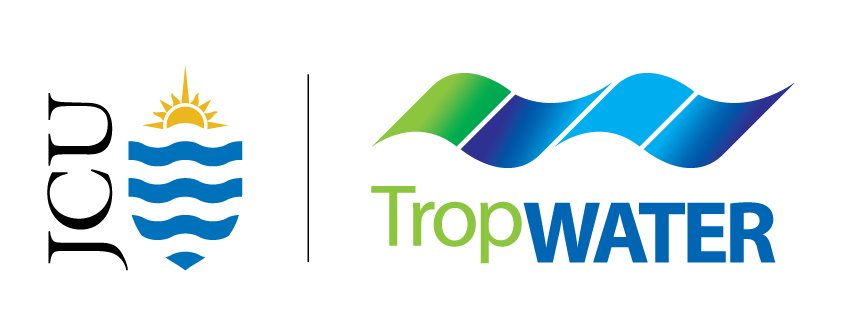Wetlands and freshwater habitats
Freshwater and wetland habitats are the lungs of our environment, filtering pollutants, supporting biodiversity, and maintaining good water quality.
We use innovative and science-based solutions to restore, preserve, and rehabilitate coastal wetlands. This research is key in developing coastal restoration, optimising water resource allocation, improving carbon storage, protecting coastlines, and boosting biodiversity.
We are working with the Department for Climate Change, Energy, Environment and Water to improve Australia's environmental planning and approval processes for threatened and migratory species and ecological communities.
Improving outcomes for threatened and migratory species and threatened ecological communities

Research
We are developing restoration techniques for oyster reefs and Vallisneria, marking the first Vallisneria restoration in Australia and the first oyster reef restoration in the Australian tropics.
Oyster and Vallisneria restoration with Wanjuru-Yidinji Traditional Owners

Restoration, Community
This project identifies potential wetland restoration sites between Cairns and Gladstone.
Scoping coastal wetlands and suitable trees for blue carbon restoration

Monitoring
Our team is developing guideline values that can protect temporary aquatic ecosystems from contaminants. This will inform and improve mine site operations and rehabilitation in the future.
Monitoring and protection of temporary waters in Northern Australia

Monitoring
This project has developed a comprehensive roadmap to guide coordinated, large-scale coastal and marine restoration efforts in Australia.
Roadmap to large scale restoration

Research
Projects

Adam Canning
Senior Research Officer

Amrit Kumar Mishra
Senior Research Officer


Barry Butler
Principal Research Officer

Ben Jarihani
Principal Research Officer

Brendan Ebner
Senior Research Officer

Damien Burrows
Director, TropWATER Founder

Elle Robertson
PhD student

Geoffrey Collins
Adjunct Research Fellow

Glenn Morgan
Technical Officer

Jack Koci
Senior Research Officer

Jordan Iles
Research Fellow

Justin Perry
Adjunct Senior Research Fellow

Nathan Waltham
Senior Principal Research Officer

Richard Pearson
Emeritus Professor

Rory Mulloy
Research Officer

Sarah McDonald
Research Officer

Sigit Deni Sasmito
Senior Research Officer

Tertius de Kluyver
Adjunct Senior Research Fellow

Thomas Stieglitz
Adjunct Associate Professor
McKnight DT, Bower DS, Ariel E, Beatty S, Clulow S, Connel M, Deppe AR, Doody S, Freeman A, Georges A, Hannabass SL, Hollender EC, Howel H, Krochmal A, Ligon DB, Munscher E, Nordberg EJ, Roth TC, Santoro A, Schaffer J, Simms A, Spencer R, Stone P, Voves KC, Walde AD, Wassens S, Welsh MA, Whiterod NS, Wirth W, Van Dyke JU.
Wetlands and freshwater habitats


